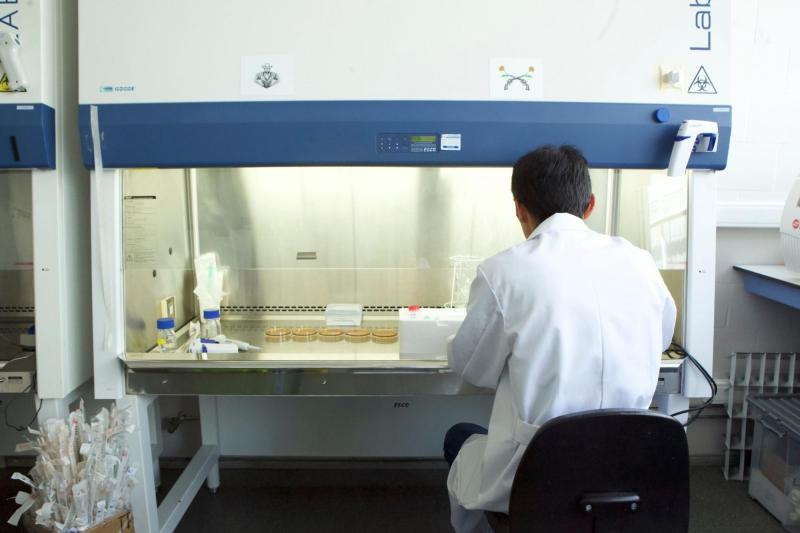Cellular agriculture, the production of meat and dairy products through biotech science processes, is considered to be one of the solutions to meet the reduction of the climate and animal welfare impacts of meat consumption. By moving production of meat from the farm to the lab, less resources such as land, and water are utilized.
As well, cultured meat can help reach the growing market demand for proteins.It is said that lab-grown meat and dairy products, together with plant-based alternatives, will account for 60% percent of the meat market by 2040. Current European legislation does not allow the sale of lab-grown meat in Europe, but investments in this sector are increasing in the waiting for the EU to give approval for artificial meat.
Belgium is quickly becoming a player in the alternative protein production landscape, as biotech companies are set to produce cultured cheese, milk, fat and meat, also thanks to structural government funds initially developed to find more ethical alternatives to local foie-gras production.
Is cultured meat really sustainable and what are the challenges for this new blooming sector? And what about plant-protein production in the country? Shifting to plant-based food diets remains the single most effective action in order to curb greenhouse gas emissions down and new projects for protein-rich plant farming are giving their first results.

